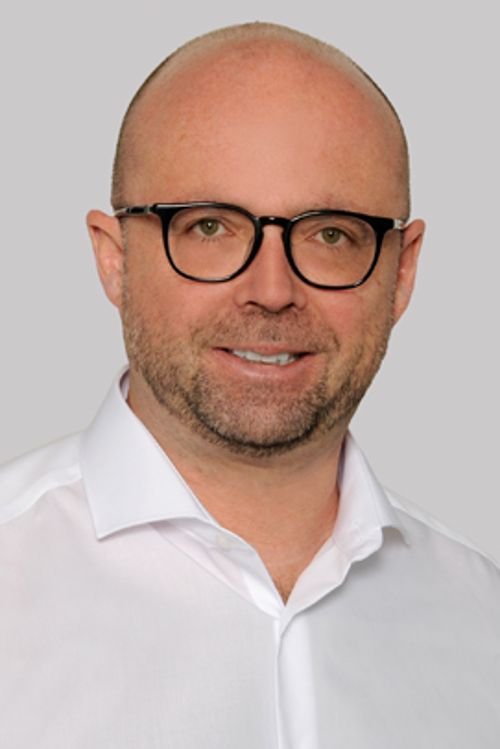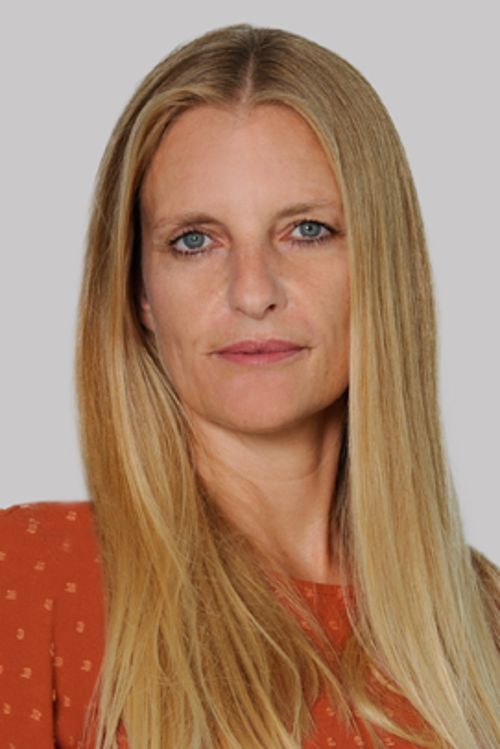Exchange of experience "Product carbon footprint in focus: product life cycle and Scope 3 emissions in detail"
Hardly any mechanical and plant engineering company, whether from the final machine or component sector, will be able to escape the pressure from customers and the market, which is fed by regulation, to improve its carbon footprint in the coming years.
- German
Hardly any mechanical and plant engineering company, whether from the final machine or component sector, will be able to escape the pressure from customers and the market, which is fed by regulation, to improve its carbon footprint in the coming years.
Unternehmen müssen sich ernsthaft mit dem ökologischen Fußabdruck ihrer Produkte auseinandersetzen. Foto: Shutterstock
The Product Carbon Footprint (PCF) is an important tool for making the impact of products on the climate transparent and subsequently reducing it. The greatest emissions of a product are not generated in its own production process, but primarily in upstream value chains and in the use phase of the respective products. Experts estimate the proportion to be 90 %. Determining this data, verifying it on a product-specific basis and then calculating it is not trivial. However, products with a low PCF can bring competitive advantages, especially if the price of CO2 increases significantly.
In our exchange of experiences you will learn
- which standards and regulations are decisive for PCF assessment and how they build on each other,
- how emissions data can be recorded over the product life cycle,
- which calculation methodology is suitable and
- how products with a low PCF can be marketed.
Examples from member companies, the knowledge of VDMA experts and the exchange of experience in the workshop form the framework for an open discussion. Contribute your ideas and experience and at the same time benefit from the suggestions of your colleagues in a non-competitive environment. An evening together can be the start of this.
Wed. 11.09.24
Documents and downloads:





